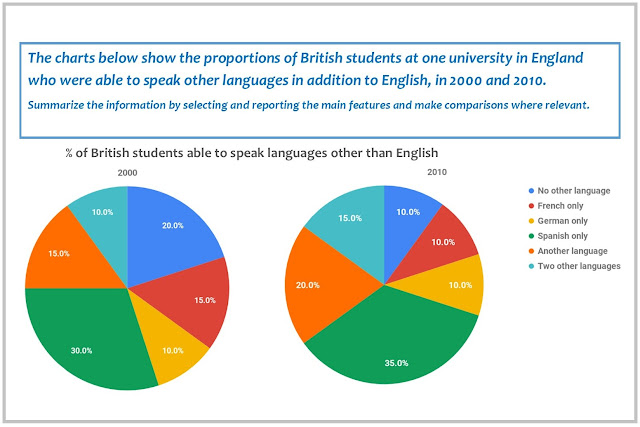Top 8 mistakes Russian learners of English actually make

Due to the nature of my job, every once in a while I stumble upon an article about N most common mistakes that learners of English make. I look at them and go, “Who makes these mistakes? Russians certainly don’t.” (For example, Russians don’t confuse your and you’re.) In this post, I want to talk about 8 common mistakes Russian learners actually make. These mistakes persist on different levels, but are not usually addressed in EFL course books.
The list is based on my personal teaching experience. The order is random.
I often ask students “What did you do at the weekend?” and what I hear is “I with my friends went to the cinema.” The right way to say something like this is “My friends and I went to the cinema,” or “I went to the cinema with my friends.” In English, the word order is “subject+verb” and prepositional phrases can’t go in the middle.
2. How to say
When students don’t know how to say something, they ask me or murmur to themselves “How to say this?” The right ways to say this include, but are not limited to phrases like, “How do I say this? / How do I put this? / What’s the word for this? / What do you call this?” (“How do you call this?” is another common mistake, by the way.) ‘How to’ can be used in positive sentences like “I don’t know how to say this,” or “I will show you how to do it,” but not as a question.
3. Meet this word
My students do a lot of independent work. They watch movies and read articles in English. When they want to share something new they learned, they say something like, “I met an interesting expression yesterday.” In English you meet people, not words. The right ways are “I came across / saw / heard / learned an interesting expression.”
4. Deal
When students didn’t their homework, they sometimes say they were busy and had a lot of deals. Business people make deals. The right way to say you were busy is “I had a lot of things to do,” or “I had to run some errands.” (“To run errands” is used to speak about small everyday jobs, like going grocery shopping or dropping by the bank to sort out some documents.)
5. Look forward to
Yes, “I look forward to hear from you.” is wrong. Yes, you have to use the ‘-ing’ form after ‘to’ and say “I look forward to hearing from you.” No, it’s not an exception. The thing is, ‘to’ can be a particle before a verb (I want to go) or a preposition (go to Moscow). When ‘to’ is a particle, you have to use the infinitive, but when it is a preposition, you have to use the ‘-ing’ form. More examples of phrases with ‘to’ as a preposition: “I am used to getting up early”; “I devote a lot of time to writing my blog”; “We must commit to working hard.”
6. I think no
When I ask questions like, “Do you think he’ll come to class?” or “Do you think paper books will disappear?” students often reply, “I think, no.” The right way to reply is “I don’t think so,” or “I don’t think he will.”
7. I am late. Late for 10 minutes.
There are two common mistakes that students make in text messages that they send me 10 minutes before class.
a) If you send a message “Irina, I’m sorry I am late,” 10 minutes before class, it’s wrong because you are technically not late yet. What you want to write is “I am going to be late,” or “I am running late.”
b) Sometimes the message goes, “I am going to be late for 10 minutes.” Any preposition is wrong here and the right way is “I am going to be 10 minutes late.”
Hmmm... something tells me that it was only Part 1. Stay tuned.
UPD: Part 2 and Part 3 are ready.
P.S. The poster "Ready to spring" used to hang in one of the offices I work in. I love it. What it says is so true. Photo credit: https://www.printcollection.com/products/ready-to-spring#.We4OieNuKUk




This is spot on! Thank you!
ReplyDeleteThank you! (=
DeleteGreat stuff, Irina!
ReplyDeleteDefinitely the mistakes Russian teachers hear all the time!
ReplyDelete